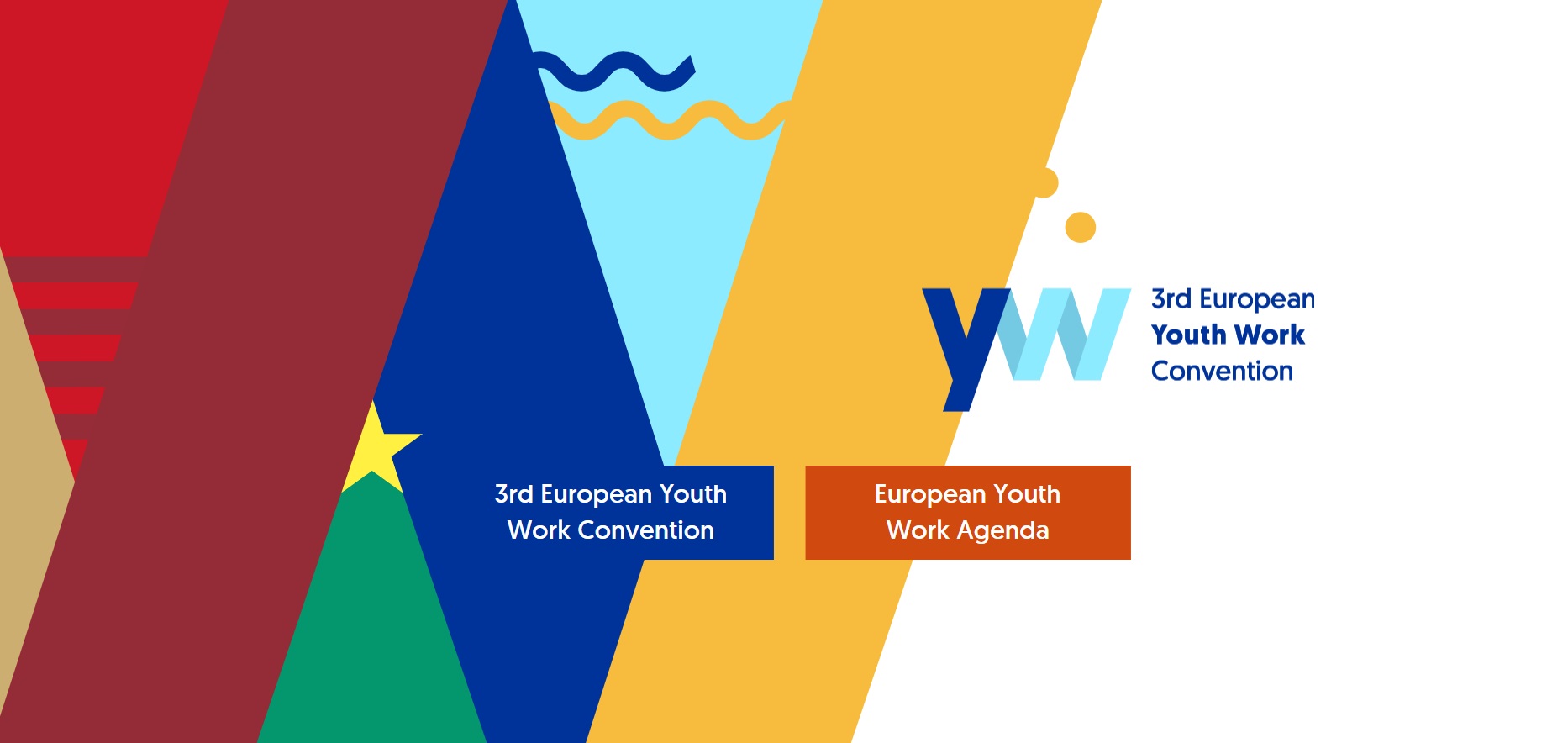
The third European Youth Work Convention (EYWC) took place from 7th to the 10th of December 2020, in a virtual environment. The Convention took place while the German EU Council Presidency and the German Chairmanship of the Committee of Ministers of the Council of Europe overlap. The Convention was hosted by the German Federal Ministry for Family Affairs, Senior Citizens, Women and Youth, with the support of JUGEND für Europa, the National Agency for the EU programmes Erasmus+ Youth in Action and European Solidarity Corps.
Erasmus Student Network was represented at the European Youth Work Convention, which is the central platform for discussing the latest developments in youth work practice and youth policy in Europe. Professionals and multipliers from youth work practice, youth policy and youth research came together to kick off the implementation of the European Youth Work Agenda (EYWA), a strategic framework for strengthening and developing youth work in Europe.
The Convention offered the benefit of even wider outreach to achieve the necessary effect in communicating the EYWA for its successful and sustainable implementation. Under the changed circumstances due to the developments around the coronavirus pandemic, the digital Convention guaranteed equal participation from all EU and Council of Europe member States.

On the first day of the Convention, Franziska Giffey, German Federal Minister for Family Affairs, Senior Citizens, Women and Youth welcomed the participants and the programme continued with a round table with Franziska Giffey, Federal Minister for Family Affairs, Senior Citizens, Women and Youth, Mariya Gabriel, European Commissioner for Innovation, Research, Culture, Education and Youth, European Commission and Snežana Samardžić-Marković, Director General of DG Democracy, Council of Europe. In the following days, the European Youth Work Agenda was introduced and the development of a common declaration was kick-started.
Furthermore, the participants could have taken part in different workshops and discussions that revolved around the eight strands of the European Youth Work Agenda and the topics such as competence frameworks for education and training of youth workers, youth work promoting democratic values and active citizenship, recognition and validation of youth work, recognition of education and training pathways of youth workers and trainers and reaching all young people affected by the COVID-19 pandemic, as well as share the practices, ideas and experiences. The last day was dedicated to the preparation of the Bonn Process, which is the implementation of the outcomes and a part of the EU Youth Strategy 2019-2027 and the Council of Europe Youth Sector Strategy 2030, and the presentation of the final declaration. Bettina Bundszus, Head of Department for Children and Youth in the Federal Ministry for Family Affairs, Senior Citizens, Women and Youth closed the Convention.
More information can be found on the official website: https://www.eywc2020.eu/en/

Follow ESN